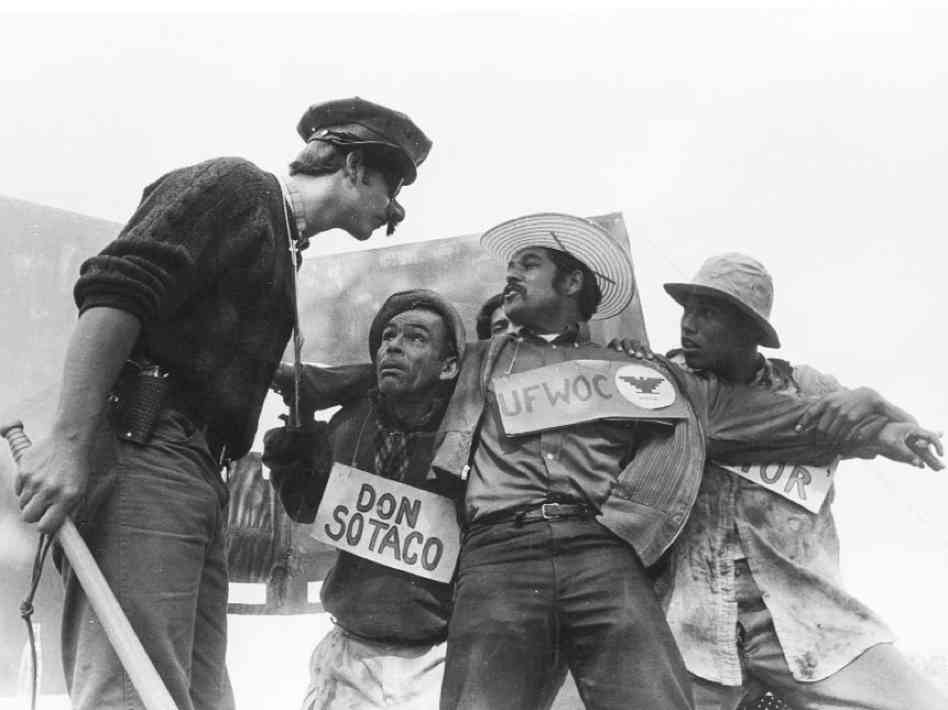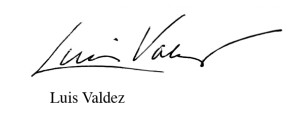El Teatro Campesino
CELEBRATING 57 YEARS OF TEATRO CHICANO
Make a Donation
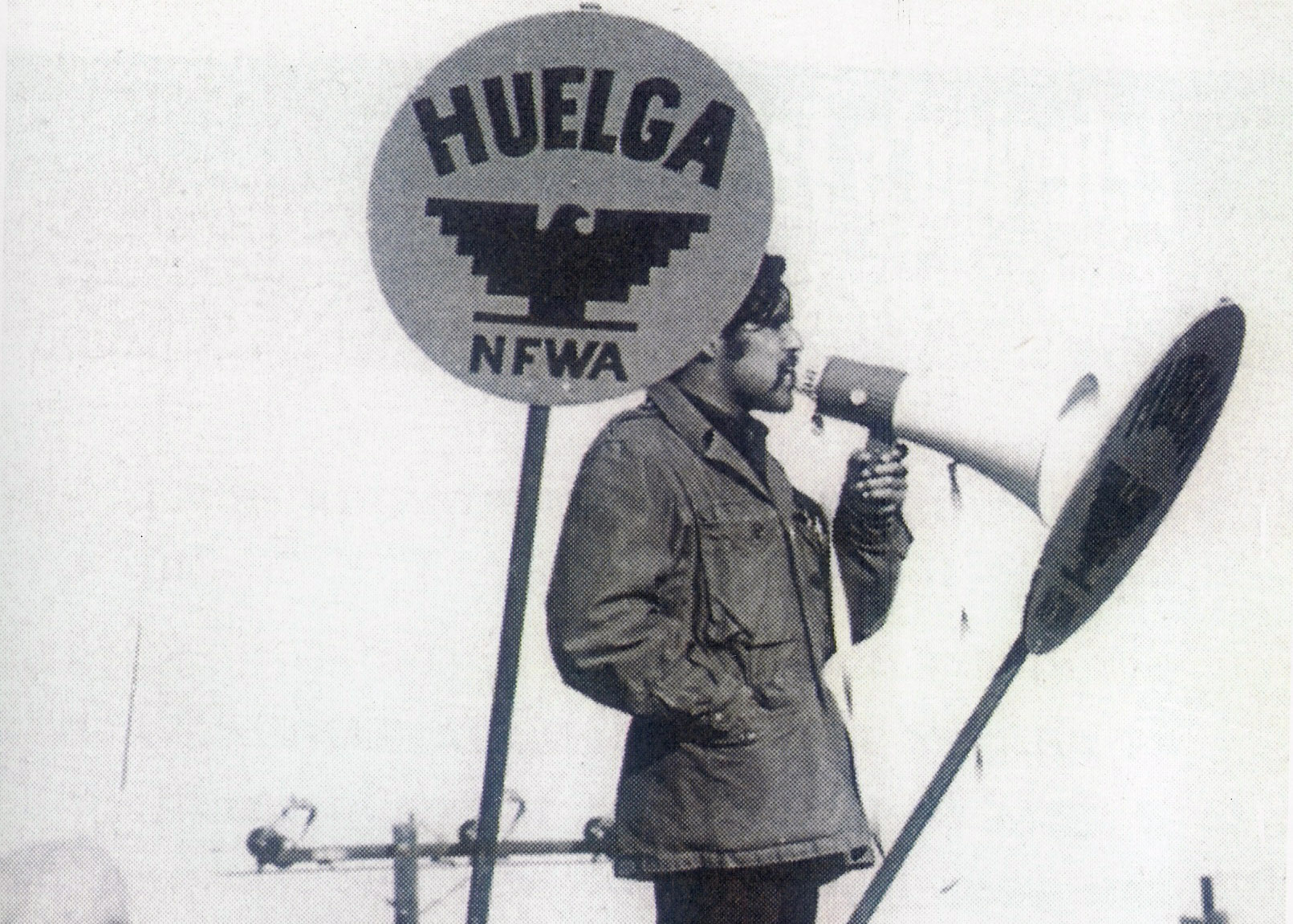
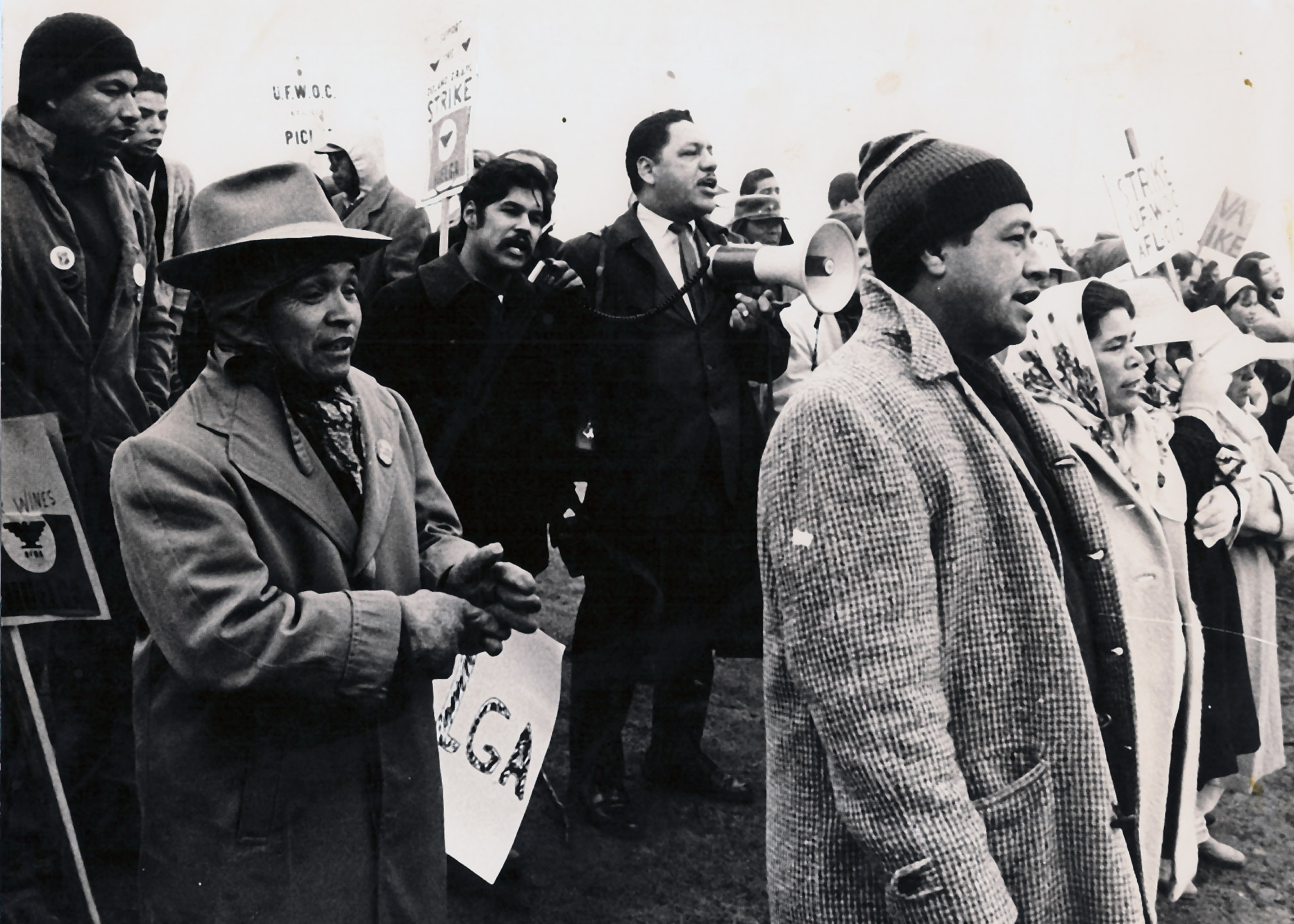
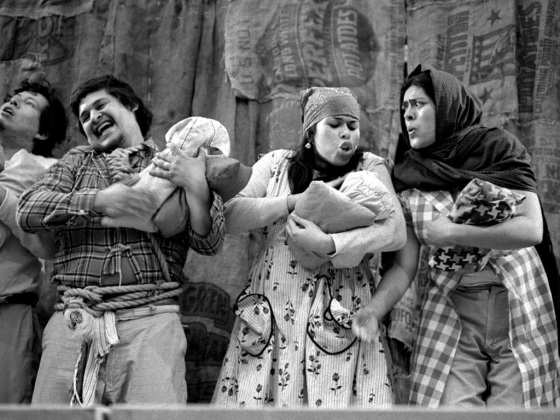
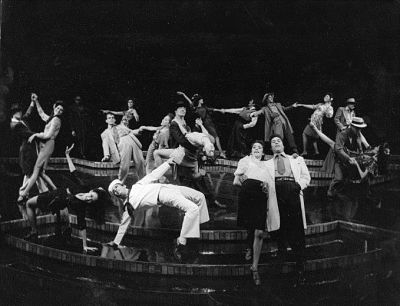
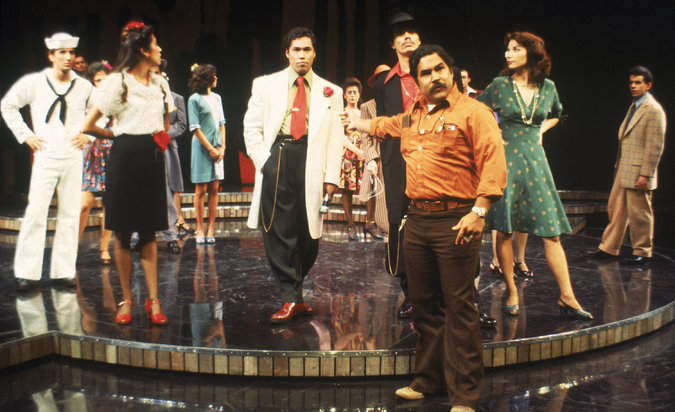
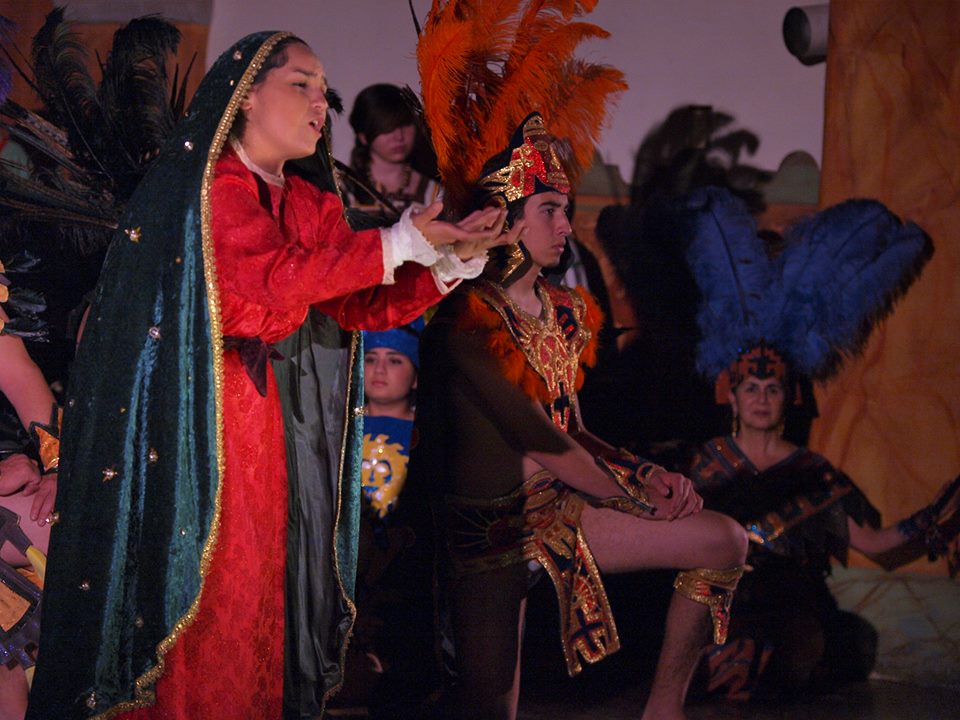
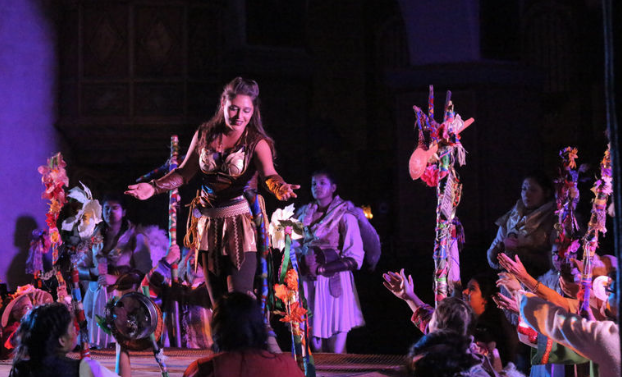
Our History
Since its inception, El Teatro Campesino and its founder and artistic director, Luis Valdez, have set the standard for Latino theatrical production in the United States. Founded in 1965 on the Delano Grape Strike picket lines of Cesar Chavez’s United Farmworkers Union, the company created and performed “actos” or short skits on flatbed trucks and in union halls. Taking the “actos” on tour to dramatize the plight and cause of the farmworkers, El Teatro Campesino was honored in 1969 with an Obie Award for “demonstrating the politics of survival” and with the Los Angeles Drama Critics Award in 1969 and 1972.
In 1971, the company moved to San Juan Bautista, a rural town of 1,600 people located on the periphery of the major metropolitan centers of Northern California. In the summer of 1973, legendary British theater director Peter Brook and his Paris-based company, The International Centre of Theater Research, participated in an eight-week experimental workshop with the company in San Juan Bautista culminating in a joint venture performing throughout farmworker communities in the San Joaquin Valley.
In 1976, El Teatro Campesino launched an extended European tour starting at the Popular Comic Theatre Festival in Nancy, France and made its way through eight western European countries to critical and public acclaim. Over the years, the company toured the United States, and Mexico, and made six major tours throughout Europe.
During the 70’s, the company evolved a series of plays termed “The Miracle, Mystery, and Historical Cycle of San Juan Bautista.” During the Holiday season, the miracle play of the four apparitions of Our Lady of Guadalupe called “La Virgen del Tepeyac” and the traditional shepherds play, “La Pastorela,” are still performed in the Old Mission of San Juan Bautista on alternate years.
In 1977, a Rockefeller Foundation Grant enabled El Teatro Campesino Artistic Director Luis Valdez, to create for the Mark Taper Forum “Zoot Suit,” one of the most successful plays ever to originate in Los Angeles, playing to critical and popular acclaim to close to half a million people. Mounted on the New York stage by the Shubert Organization, “Zoot Suit” became the first play by a Latino to be presented on Broadway. The motion picture version for Universal Pictures, directed by Valdez, received the prestigious foreign press association’s Golden Globe Award nomination for “Best Musical Picture.”
In 1981, the Teatro acquired a warehouse and converted it into its new playhouse. The company began experimenting with the relationship between music, dance, and theater. The subsequent musical theatre production of “Corridos” (based on Mexican folk ballads) played to sold-out houses in San Juan Bautista and eventually moved to the Marines Memorial Theater in San Francisco, where it was awarded eleven Bay Area Theater Critics Awards including Best Musical.
In 1986, El Teatro Campesino joined forces with the Los Angeles Theater Center for the premiere of Luis Valdez’ comedy, “I Don’t Have To Show You No Stinking Badges”. The production received critical acclaim and enjoyed a successful six-month run.
In 1987, Valdez wrote and directed “La Bamba”, the Ritchie Valens story, for Columbia Pictures. That same year, he adapted his critically acclaimed play, “Corridos: Tales of Passion and Revolution” for PBS Television in association with El Teatro Campesino. It won the coveted and prestigious George Peabody Award.
In 1991, El Teatro Campesino produced its first feature-length film, “La Pastorela: A Shepherd’s Tale” written and directed by Luis Valdez for PBS Great Performances Series. It aired internationally on the United Kingdom’s Channel Four and on Spain’s TVE Television Espanola and quickly became a staple of Holiday programming on the Telemundo Network.
In 1993-94, Luis Valdez co-wrote and directed “The Cisco Kid” for a Turner Network Television (TNT) production in Mexico. That year El Teatro Campesino launched their first AT&T On Stage production by presenting Valdez’ “Bandido! The American Melodrama of Tiburcio Vasquez, Notorious California Bandit” at the Mark Taper Forum in Los Angeles.
In 1996, a whole new generation of young Teatro artists began experimenting with live and electronic theater, producing revisionist versions of classics such as Antonin Artaud’s “The Cenci”, Alfred Jarry’s “Ubu Roi,” Bertolt Brecht’s “The Measures Taken” and the entire cannon of Luis Valdez, beginning with his first play “The Shrunken Head of Pancho Villa.”
In 1999, El Teatro Campesino opened its own multimedia digital center in an effort to reach new audiences. “Ballad of Soldier,” written and directed by Kinan Valdez and produced by Anahuac Valdez, became El Teatro Campesino’s first fully independent feature. The film, based on Luis Valdez’ anti-war play “Soldado Razo,” toured the film festival circuit for a year, garnering numerous indie awards, including the “Gran Premio” at CineFestival in San Antonio, Texas.
In 2000, Luis Valdez and El Teatro Campesino began an extended association with the San Diego Repertory Theater to develop and create new works for a growing multicultural audience. Over a five year period, Luis Valdez wrote and directed two new world premieres, “Mummified Deer” (2000) and “Earthquake Sun” (2004), and collaborated with his son Kinan on a third production, “Corridos REMIX” (2005).
In 2002-2003, El Teatro Campesino produced a 25th Anniversary production of Luis Valdez’ hit play, “Zoot Suit”. The wildly successful revival ran for nearly a year, and launched on a U.S. Southwestern Tour in 2004, becoming the genesis for an emerging new generation.
By 2006, El Teatro Campesino had returned to its roots as an ensemble theater company committed to generating social change through the arts. A new enthusiastic generation, under the direction of Kinan Valdez, began training in the classic ETC style and creating new works to explore the changing multicultural face of the Americas.
Whereas the previous generations had engaged in the ancient mythology of indigenous America, the new ensemble explored the commonalities among world mythologies. Whereas the previous generations had engaged in American farmworker labor struggles, the new ensemble embraced worldwide contemporary struggles such as growing corporate control and the environmental movement.
In time for the company’s 50th anniversary in 2015, ETC’s operations embraced its intersecting work across three programming areas: Professionals Arts, Arts Education, and Community Arts. Through delivery and continued expansion of programs in these core areas, ETC’s current generation of leaders and innovators remain passionate and committed to artistic excellence, vibrant education, and the pursuit of social justice.
ETC charges forward toward its 60th anniversary in 2025!
Luis Valdez
Founding Artistic Director
From the migrant labor fields to Broadway, Luis Valdez remains true to his original vision… performance that addresses the Chicano experience in America in a context meaningful to all Americans. Valdez’s credits include, founder & artistic director of the internationally renowned El Teatro Campesino, council member of the National Endowment of the Arts, and founding member of the California Arts Council.
A Letter from Luis Valdez
Dear Teatro Familia,
It seems like old times, doesn’t it? The worst of times, the best of times, but hard times just the same for so many people. We are just grateful that after fifty years, El Teatro is still around to do what we do.
I cannot help but remember the first time I pitched Cesar Chavez an idea for a theater of, by and for farm workers. It was late at night in the basement of the rectory of Saint Elizabeth’s Church in the Fruitvale District of Oakland. It was the second or third week of the 1965 Delano Grape Strike. Cesar was clearly exhausted, after a long day in the Bay Area giving speeches and collecting donations of food and financial support for the huelguistas. He patiently heard my spiel anyway.
Once I was finished, he nodded and smiled gently. I could see that he liked my idea. But then he honestly said something that has stuck with me ever since. He said: “You know, there’s no money to do theater in Delano. There are no actors, no stage, no place to rehearse in Delano. In fact, there isn’t even any time to rehearse because we’re on the picket line all day. Do you still want to take a crack at it?” My answer was brash but unequivocal: “Absolutely, Cesar, what an opportunity!”
The fact is that Delano was full of the human spirit that Cesar evoked out of the faith and will of working people. That spirit empowered a national movement for civil rights and social justice, and most recently a presidential election, with the cry of ¡SI SE PUEDE! It is that spirit that has kept El Teatro Campesino going for over five decades. Please help us to continue celebrating the soul of La Causa by supporting our work. We keep our overhead low, relying on our faithful, hardworking volunteers. But we do count on our loyal members, friends and family. So this direct appeal is to you.
Whatever you can donate will be deeply appreciated. In return, we promise to continue bringing you the most stirring theatrical productions we can muster. For the last 50 years we have been creating a New American Theatre reflecting our history, our experience and our community. In spite of the unpredictable political times facing our nation, we are still powered by the same hopes and dreams that motivated us a half century ago. They now animate a whole new generation of young Teatristas in the 21st century. Simon que yes, we can! Gracias in advance.
Abrazotes de todo corazon,
